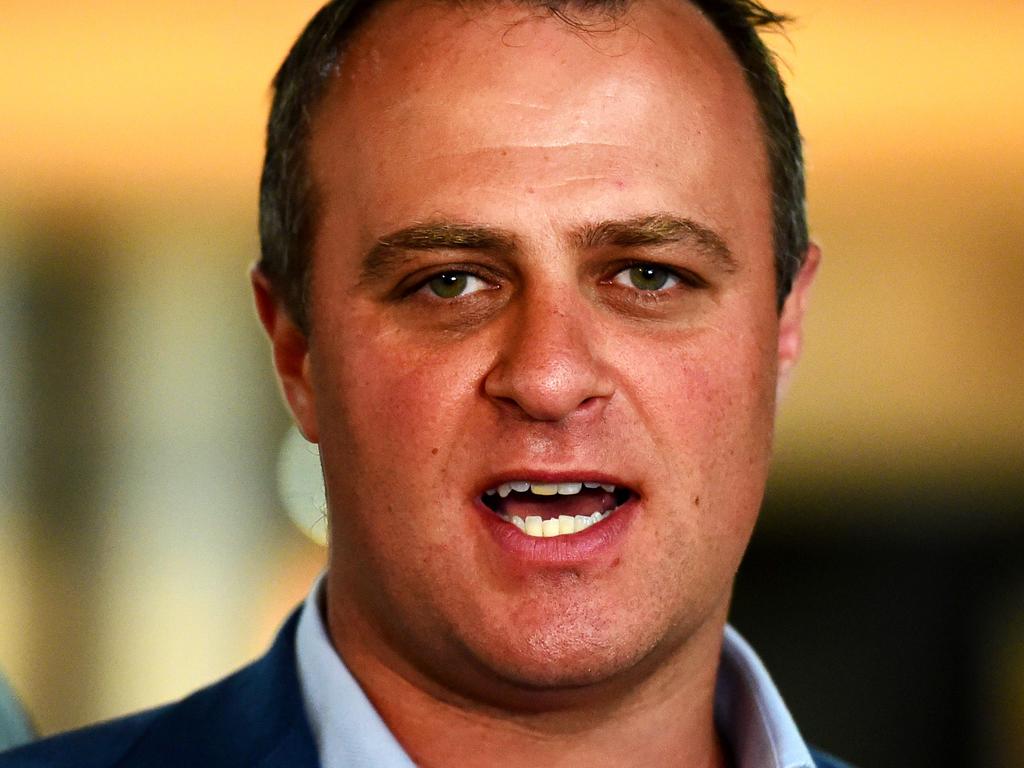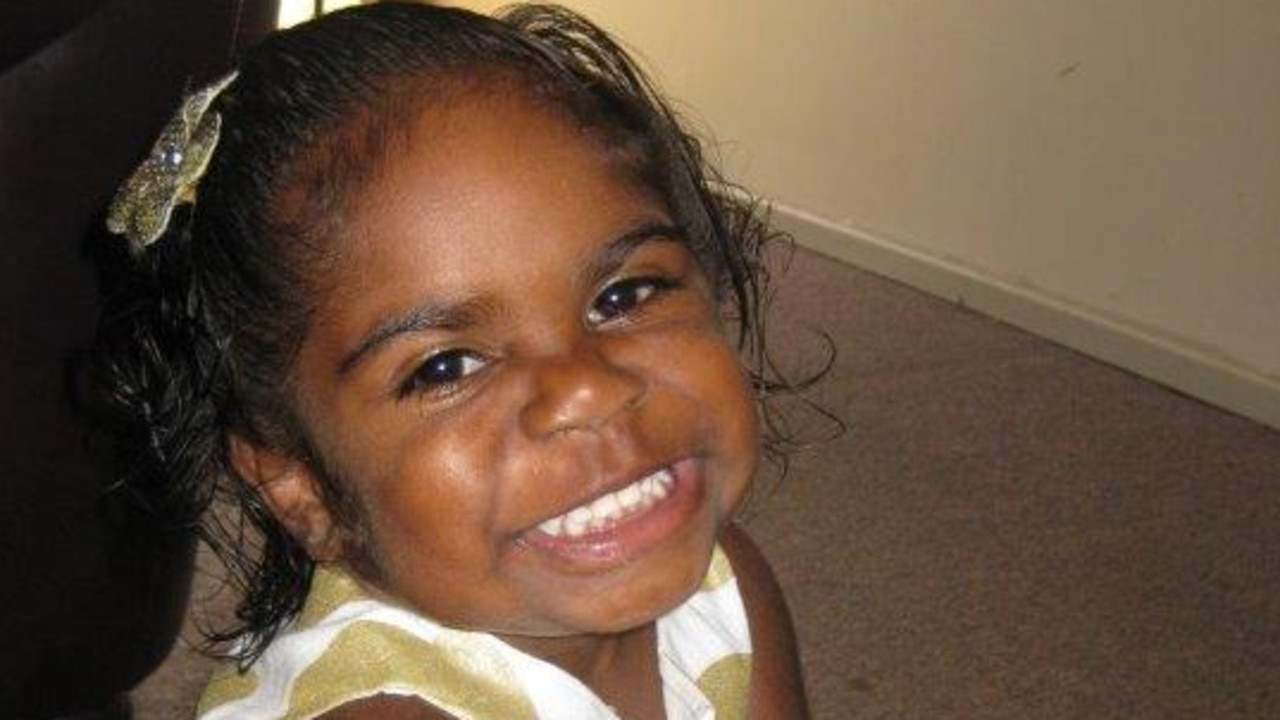Coronavirus: call for human rights act to protect people in lockdown
Law Council of Australia has called for a federal human rights act to protect basic rights and freedoms inspired by measures imposed during the pandemic.
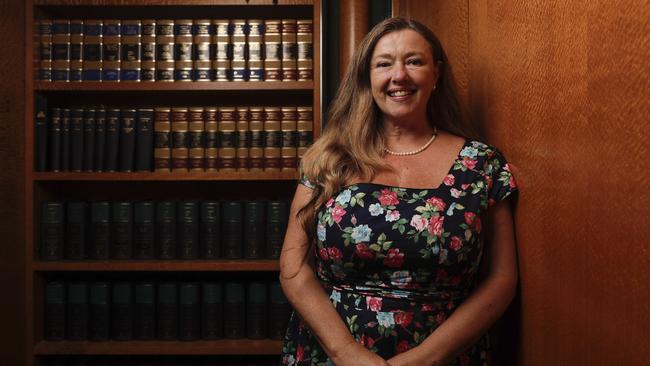
The Law Council of Australia has called for a federal human rights act to protect basic rights and freedoms, arguing measures imposed in response to the pandemic had shown why a framework was needed to balance conflicting rights.
Controversially, its proposal would include a right for individuals to sue the government for damages to compensate them for breaches of their human rights, without facing the usual costs orders if they were unsuccessful.
Law Council president Pauline Wright told the National Press Club in Canberra that Australia was the only western democracy without some sort of charter of rights at the national level.
She said an established framework for balancing competing rights could improve community acceptance of measures such as those introduced during the pandemic, including international travel restrictions, mandatory quarantine rules and tracing apps.
Critics have pointed out that Victoria was one of the few jurisdictions with a human rights charter or act (along with the ACT and Queensland), but its government was still able to impose harsh lockdown measures, including a curfew, using its emergency powers, with limited formal oversight.
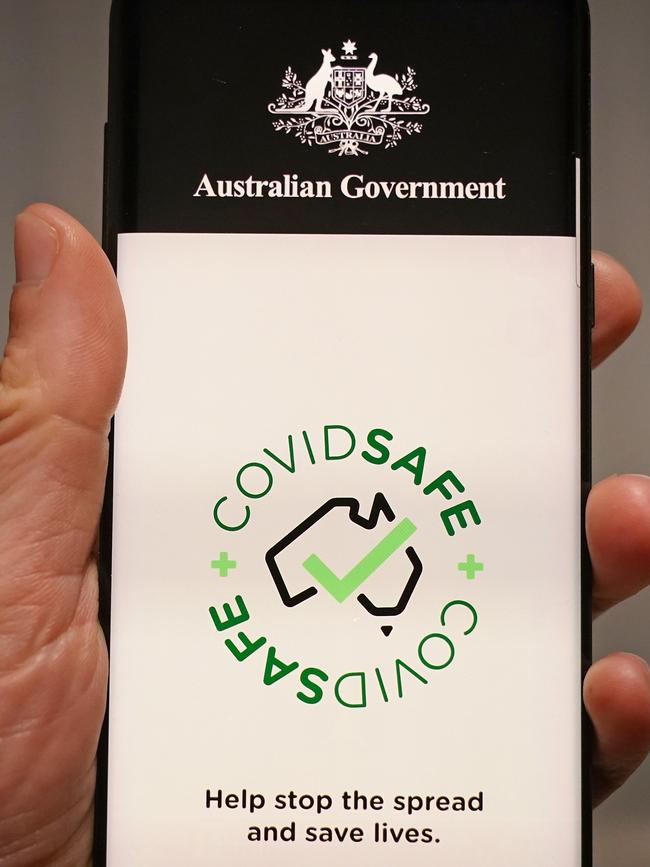
However, Ms Wright said a human rights act could “guard against overreach” and help to ensure that any measures did not “endure beyond the tail of the crisis”.
“The pandemic illustrated a need for a greater understanding that multiple rights may be at play in any given situation and that tensions can and do arise between conflicting rights, which must be resolved … A human rights charter may assist public acceptance of government decision-making processes, including for decisions which must be made against rapidly unfolding circumstances,” she said.
Barrister Stephen Keim SC, a member of the Law Council’s human rights committee, said a federal human rights act should include a right for individuals in every case to seek reparations for injustice suffered — in contrast to some jurisdictions which had ruled out money damages as a remedy.
“It is true that righting the wrong with a declaration and/or injunction will be sufficient in many cases but there will be other cases where a complainant has suffered greatly … they should not be denied monetary compensation,” he said.
He said a variety of changes to the usual costs rules should be made to protect applicants, including a less stringent “costs follow the event” rule to protect unsuccessful applicants or early protective costs orders so applicants would know they would “not be saddled with a horrendous legal bill involving the cost of three government senior counsel” — but successful applicants would still be able to recover their costs.
The Rudd government in 2010 rejected a recommendation for a human rights act, after promising to consider a charter, following an inquiry led by Frank Brennan due to community opposition.
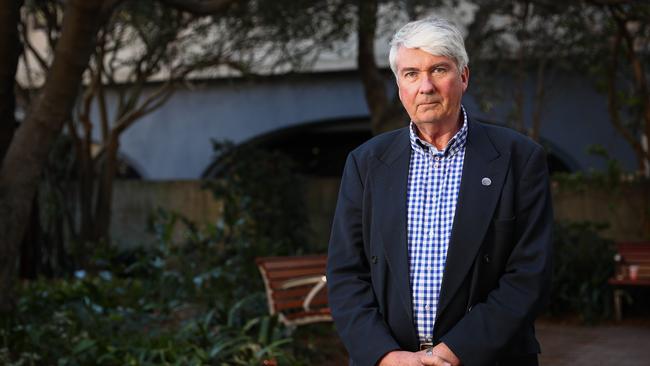
Ms Wright said the Law Council was promoting a legislative model of human rights protection “as a first step in achieving a constitutional model”.
“It is the Law Council’s longstanding position that guarantees of human rights should be included in the commonwealth Constitution, thus assuring the most effective protection against legislative incursions into those rights,” she said.
“However the policy put forward today is a pragmatic acceptance that a federal human rights act is the most feasible way forward in the first instance.
“The statutory model allays some fears about entrenched bills of rights — unchangeable and in the hands of unelected judges, as opposed to elected representatives — making it clear that elected legislators have the last say on broad policy issues.”
She said recent royal commissions into the aged care sector, the neglect of people with a disability and detention of children in the Northern Territory had exposed harrowing human rights breaches, but were reactive, crisis-driven and costly.
“While royal commissions will always provide an essential policy tool when responding to urgent and complex situations, the Law Council considers that having a federal human rights act provides an excellent preventative measure,” she said.




